Available on the Internet 1989, Babel, as the sub-title suggests, covers computer-related abbreviations and acronyms. It is alphabetically arranged and includes three appendices; it has no built in search capability
CDE has been around and evolving since 1978. This online version contains over 25,000 technical terms and phrases, 3,000 images, and 40,000 cross references, It covers all aspects of computing, from chips to supercomputers and from command examples to mini-tutorials. It's free and there's no advertising.
The 286 signed articles in this encyclopedia are organized into four topic areas: foundations (ideas and people), software and hardware, social applications, and the electronic universe. There are also illustrations, sidebars, definitions, cross-references, bibliographies, Internet resources, and timelines.
This dictionary provides brief definitions of terms related to algorithms, data structures, computational problems, and techniques.
Dot What!? is a file extension resource for the Windows, Mac, and Linux operating systems. It can be searched or browsed in alphabetical order. Each file extension record includes the file extension name, a brief description, software that creates or views the file, file type, and operating systems.
From the ACM Digital Library, this is an online version of 4th edition of the Encyclopedia of Computer Science (printed in 2003). Like the print version, it covers the entire range of computer science. Each article is separately authored and signed. Earlier editions are in the Science Library circulating book collection. Use the alphabetical subject index to access the articles and appendices.
This encyclopedia contains over 550 entries on cryptology, including its earliest uses and current applications.
It translates between 12 European languages: Danish, Dutch, English, Finnish, French, German, Greek, Italian, Latin, Portuguese, Spanish, and Swedish.
File Extensions is a resource for file extensions and file types. It provides descriptions, details, and associated applications. This resource may be searched or browsed.
FileInfo.com contains detailed information about file extensions. This resource provides information about which program can execute the files used by any computer software and operating system (MS-DOS, Windows 95/98/ME/2000, Windows XP, Windows Vista, Unix, Linux, MAC OS, etc.), what the file contents are, and other technical details
Linktionary is an online dictionary/encyclopeida of Internet technologies, networking hardware and protocols, and general Web terminology. It provides concise definitions and detailed explanations as well as links to additional information.
NetLingo is a dictionary containing terms about the Internet. It is arranged alphabetically or it can be browsed by category.
A searchable dictionary of acronyms, programming languages, tools, architectures, operating systems, networking, theory, mathematics, telecoms, institutions, companies, projects, products, and history.
Oxford Reference Online provides access to 2 online computing dictionaries. They may be searched along with other resources at the link above or separately at the links below:
This dictionary explains technical cryptographic terminology. It is arranged alphabetically, with words within entries hyperlinked to other entries for further clarification.
Part of the Springer Computer Science eBook Collection, this collection contains several encyclopedias and dictionaries, including:
Compiled at the Computer Security Division of the National Institute of Standards and Technology (NIST), it is a listing of information technology acronyms and abbreviations. This glossary is in PDF format, and is also known as NIST Interagency Report 7581.
From Viruslist.com, the Virus Encyclopedia is a concise resource on malicious programs including viruses, trojans, worms, and other malware. The Encyclopedia is divided into 6 sections: malware environment, malware descriptions, who creates malware, history of malware, malware trends, and what to do if your computer is infected. This site is fully searchable, and updates are available via RSS feeds.
Covering cybernetics and systems theory, this dictionary is a combination of three dictionaries. Each dictionary may be viewed separately. Concise definitions and the contributor are provided.
An online dictionary of computer- and Internet-related terms.
An encyclopedia of information technology; it includes a comprehensive listing of every file format in the world.

